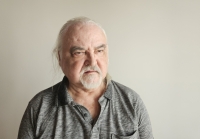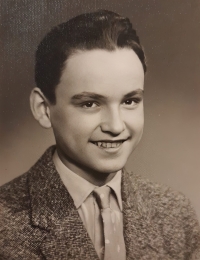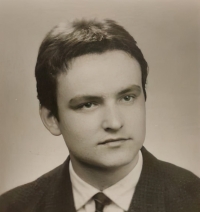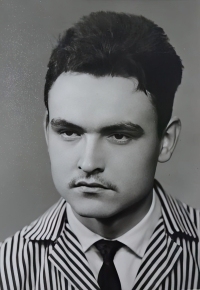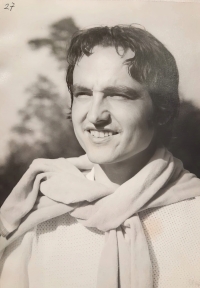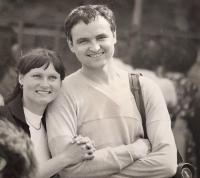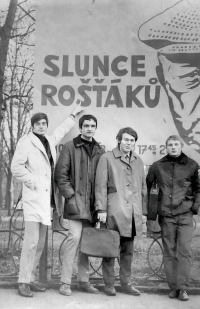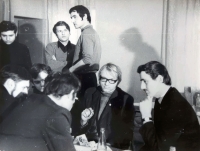How the Prague Spring was made in Brno

Download image
Jiří Dobrovolný was born on 11 February 1945 in Zlín. His father, Jindřich Dobrovolný, worked as a worker in Baťa’s factories and his mother, Marie, surnamed Kumhalová, was employed as a laboratory technician in a hospital. In 1963, he moved to Brno, where he began his studies at the Faculty of Electrical Engineering of the Brno University of Technology. In his second year, he became involved in the student movement - he published the Elektron magazine, helped to enforce the experimental operating regulations at the then Leninova Street dormitory, co-founded the Brno Student Centre and was a member of its parliament. In 1969 he was charged with defamation of the state of the world socialist system for writing and distributing a leaflet criticising the Soviet Union. A year later he was sentenced to a suspended three-year prison sentence for this offence. He did not complete his studies at university and from the 1970s onwards worked as a photographer. After the Velvet Revolution he worked for the Civic Forum in Brno, co-founded the Union of Moravian-Silesian Entrepreneurs, but eventually left politics in disillusionment. In 2024 he lived in Brno.
